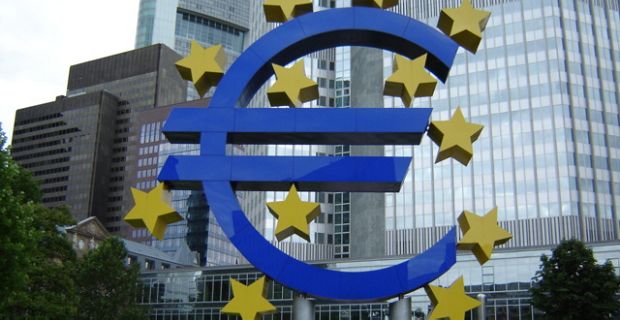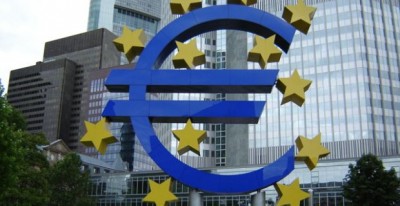Hungary, which has been the black sheep of the European Union turns even blacker. With a new scandal involving extensive corruption the country is alienating the countries of the West and as much as Prime Minister Orbán wants to follow Putin’s footsteps, the question is whether there would be any country left which would take Hungary seriously?
In 2013 Hungary benefited most from EU funding with 6.3 % of the Gross National Income coming from the European Union. Despite that 95 % of the public investment is at least partially financed by Brussels, Hungary is not grateful. On the one hand, Euroskepticism is gaining ground in frightful rates and even the government is looking towards the eastern, not so free countries for friendship under the new policy of “Eastern Opening”. On the other hand, Hungary is still holding out a greedy hand for more money in Brussels, whereas at home there is staunch anti-EU propaganda. To put the cherry on top, the money provided by millions of unwilling EU taxpayers vanishes in the abyss of corruption.
This week it turns out that the corruption is so deeply embedded into the system that the USA placed an entry ban on 6 Hungarian individuals who are closely tied with the government. The statement of the U.S. Embassy in Hungary reads: “Certain Hungarian individuals have been found ineligible to enter the United States as the result of credible information that those individuals are either engaging in or benefiting from corruption.”
This is a very drastic measure and it is a strong message to Hungary. It is still unclear who these banned people are, but it seems that the head of National Tax and Customs Administration of Hungary (NTCA). They have not commented on the charges.
The exact reason for the allegations of corruption is unclear but it is speculated that American companies have been approached and offered better tax conditions in exchange for commissioning foundations, close to the government to write studies for them, for astronomical prices.
This has crowned the series of corruption scandals the current Hungarian government faced. Lands have been given not to the people who reside there locally but to people close to power, public auctions were one overwhelmingly by one company, again, closely tied with the government just to name a few.
One of the biggest and most lasting of such scandals was the handing out of the tobacco shop licenses. The state decided that cigarettes and other tobacco products must not be purchased in ordinary shops any more. People could apply for permits to run special tobacco shops, but, and I believe the pattern is already clear, these permits were issued to people close the governing party.
Last year, an employee of the NTCA stepped forth declaring he could not take the ongoing corruption any more and quit his job while leaking a lot of material. Although he went to the courts reporting his former employer, he was the one against whom the investigations started first not the NTCA.
Hungary, however, is not doing exceptionally badly at the corruption perception index. In the past years, the situation has been more or less stagnating. This, on the other hand, doesn’t reflect the real situation, only how people see it. Many of the aforementioned scandals don’t affect the average citizen directly. The U.S. has a different perception.
As Hungarians are waiting for more information on where they money is going, the NTCA continues its dubious activates. It is used in many cases as the weapon of the government to harass companies, NGOs or citizens who don’t whish to step up to the corrupt state. The government’s crackdown on civil societies is especially troublesome as these NGOs are the last real stronghold of democracy in a country, where democracy is losing a battle. In the meantime in more transparent countries, taxpayers work hard to give money to finance the greedy, crony and corrupt leaders of another country. Is this really what the European Union was set up for?




